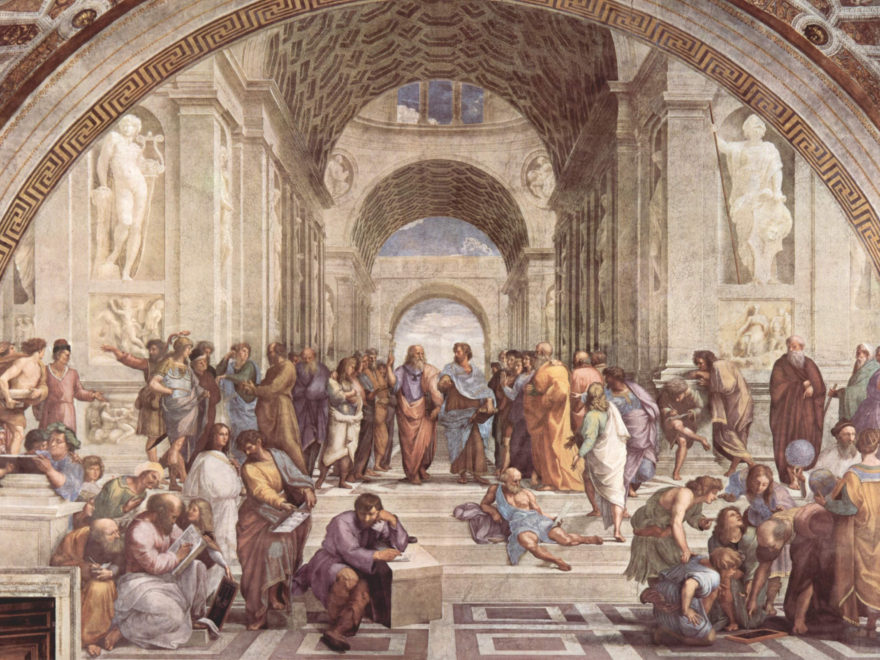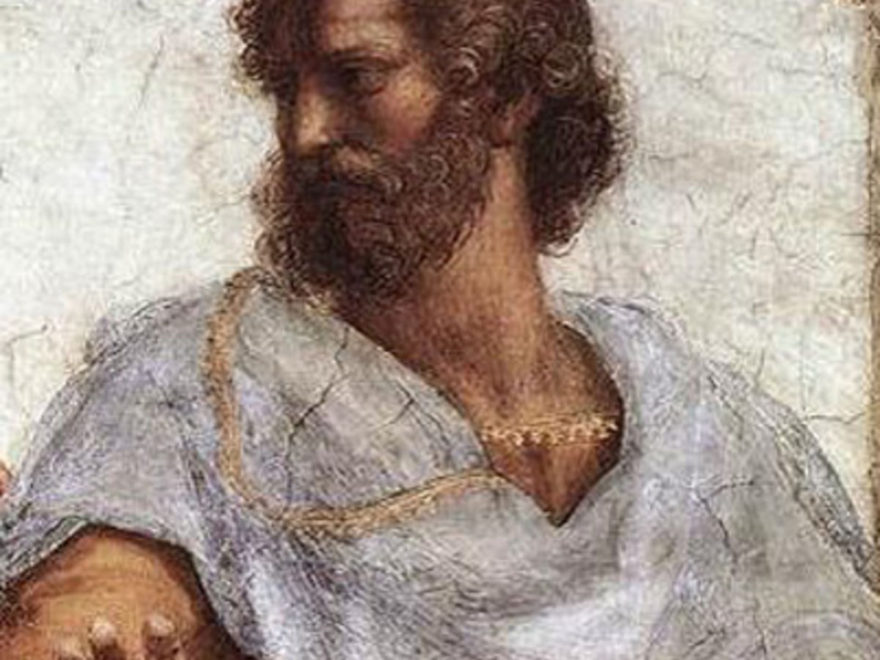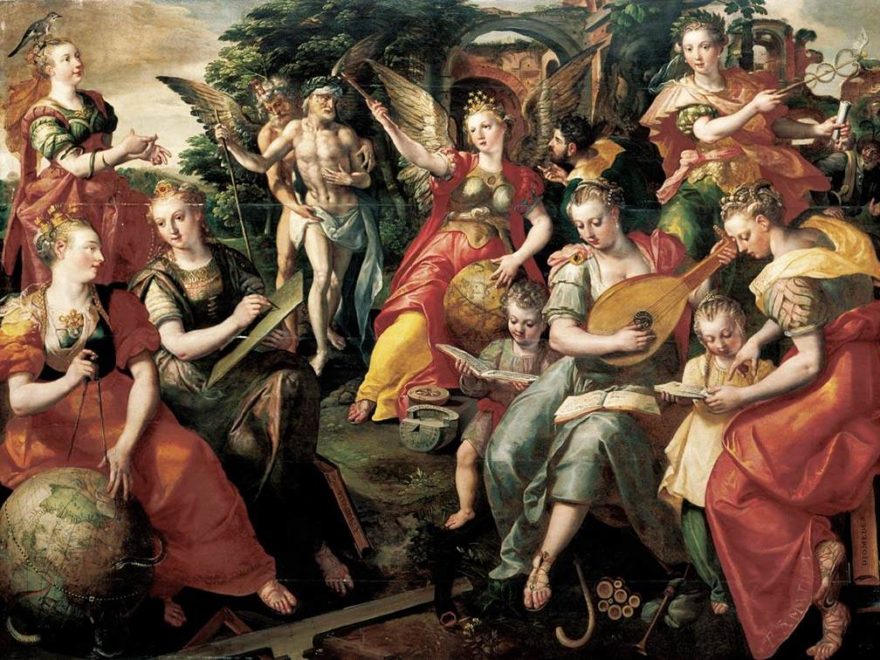Category: Classical Tradition
-

The Flow of Thought, Part 4: The Seven Liberal Arts as Mental Games
There’s a lot of talk these days about the war between STEM and the liberal arts (which we are meant to understand as the humanities generally). Often this gets posed as a trade-off between a utilitarian education—training our future engineers, scientists and programmers—vs. a soft education in human skills and cultural awareness. Given the hype…
-

Training in the Arts vs. Teaching Sciences
I have previously written on the classical distinction between an ‘art’ and a ‘science’, but I recently discovered some interesting confirmations of it in Plato and John Milton Gregory (two otherwise widely divergent figures in the history of education). In particular, the chief take-away for teachers is a clearer awareness of when you are focused…
-

Educating Future Culture Makers
An experienced educator once taught me that every pedagogy, or method of teaching, assumes a particular view of students. Each view, in turn, is founded on premises about the nature of these students, their capabilities, and, perhaps most broadly, their purpose for existence. It is these driving premises that subconsciously guide the hand of the…
-

The Flow of Thought, Part 1: Training the Attention for Happiness’ Sake
It may seem strange to look to modern psychology for support of classical education. After all, it’s the vagaries of modern thought that have got us into this educational trouble in the first place. The abandonment of tradition, the scientism and revolutionary overhaul of religion have all taken their toll on the proper training of…
-

Why Study Western Civilization?
The classical Christian movement has at its core a commitment to teaching Western civilization. Even though we teach Western civ, its distinctive qualities are not always clear. As a result, many educators (even within the classical movement) question why we would teach Western civilization. Here I will lay out what I think are the three…
-

Excellence Comes by Habit: Aristotle on Moral Virtue
All too often we are inclined to think of excellence as the product of good genes and good fortune rather than our personal habits. The fates bestow their blessings indiscriminately and haphazardly, and the talented and successful are the lucky recipients of excellence, while the rest of us are mired in mediocrity. Those who rise…
-

The Classical Distinction Between the Liberal Arts and Sciences
One of the encouraging recent developments in education is the recovery of the classical educational tradition of the liberal arts and sciences amongst Christian classical schools. Of course, we’re already laboring upstream, since to most people the term ‘liberal arts’ simply refers to general studies or the humanities. However, even the Christian classical school movement…
